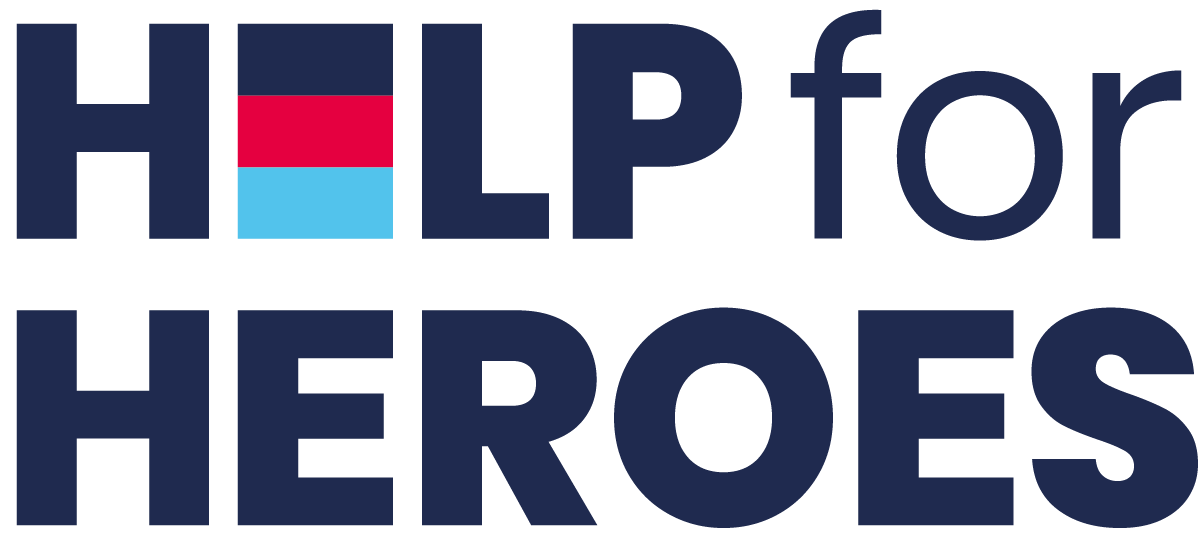Updated on
In recent years, the conversation about mental health has taken a positive step into the limelight. As a result, many of us now acknowledge that, alongside the physical, our psychological wellbeing also requires care.
Last year alone, more than 2000 wounded veterans and their loved ones accessed our Hidden Wounds service for support with mental health issues such as anxiety, depression, and Post-Traumatic Stress Disorder (PTSD).
One of our counsellors for Hidden Wounds is Isobel Thompson. Working with a caseload of 18 veterans or their partners (clients) per week, Isobel provides each with up to 12 sessions of one-to-one counselling support - which, due to ongoing restrictions, are currently held online or by phone.
“Because 93 per cent of communication is non-verbal the move from face-to-face to virtual sessions was a big adjustment.” Explains Isobel.
To ensure continued best practice, Isobel undertook training in remote counselling. As a result, she now includes new techniques in virtual sessions; like describing where she is in the house – which reassures the client about confidentiality.
Leading each session in a ‘person-centred way’, which enables the client to share what they feel comfortable with, Isobel’s primary aim is to provide a safe space to explore emotions. One of the main things which makes her job as a counsellor different to chatting to a friend, is that there is no personal connection - which removes the fear of judgement.
“This is especially important when working with veterans because many have experienced trauma during military service and feel a sense of guilt about the things they’ve seen.” Says Isobel.
“At the beginning of sessions, clients can be in a very low place. Together, we discuss what they hope to achieve, then it’s my job to listen and provide the tools needed to empower them to overcome their challenges and reach their desired goal.”
Such tools are dependent on the individual but may include coping strategies to manage triggers (such as fireworks, or loud noises), which include breathing exercises and visualisation techniques. Talking about the process, Isobel explains:
“I can’t fix my clients, but by listening and providing these strategies, I can help them find the strength to fix themselves. The reason I chose this career was to help people; so, to see clients progress, build a sense of resilience and thrive is incredibly rewarding.“
Reflecting on her role and the impact she sees, Isobel stresses how important addressing mental health is, for everyone.
“Asking for help is not an admission of failure, it’s a new start which takes terrific courage. If you’re reading this and are struggling, please reach out - it’s the bravest thing anyone can do.”
Find out more about the work of our Hidden Wounds team by reading Clare's story.


